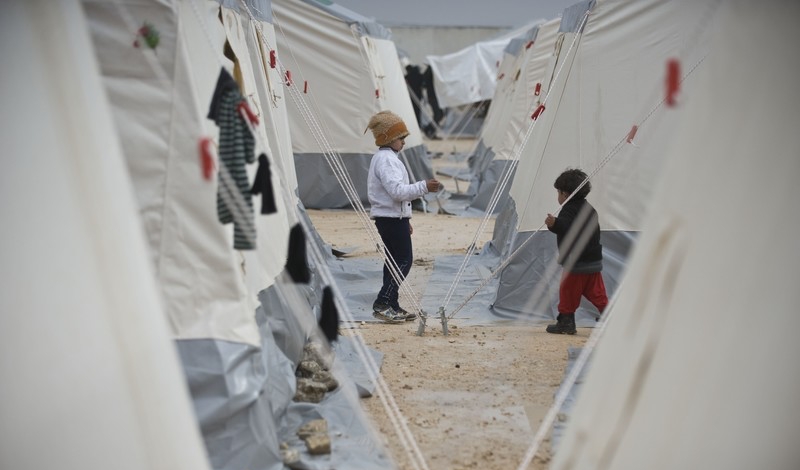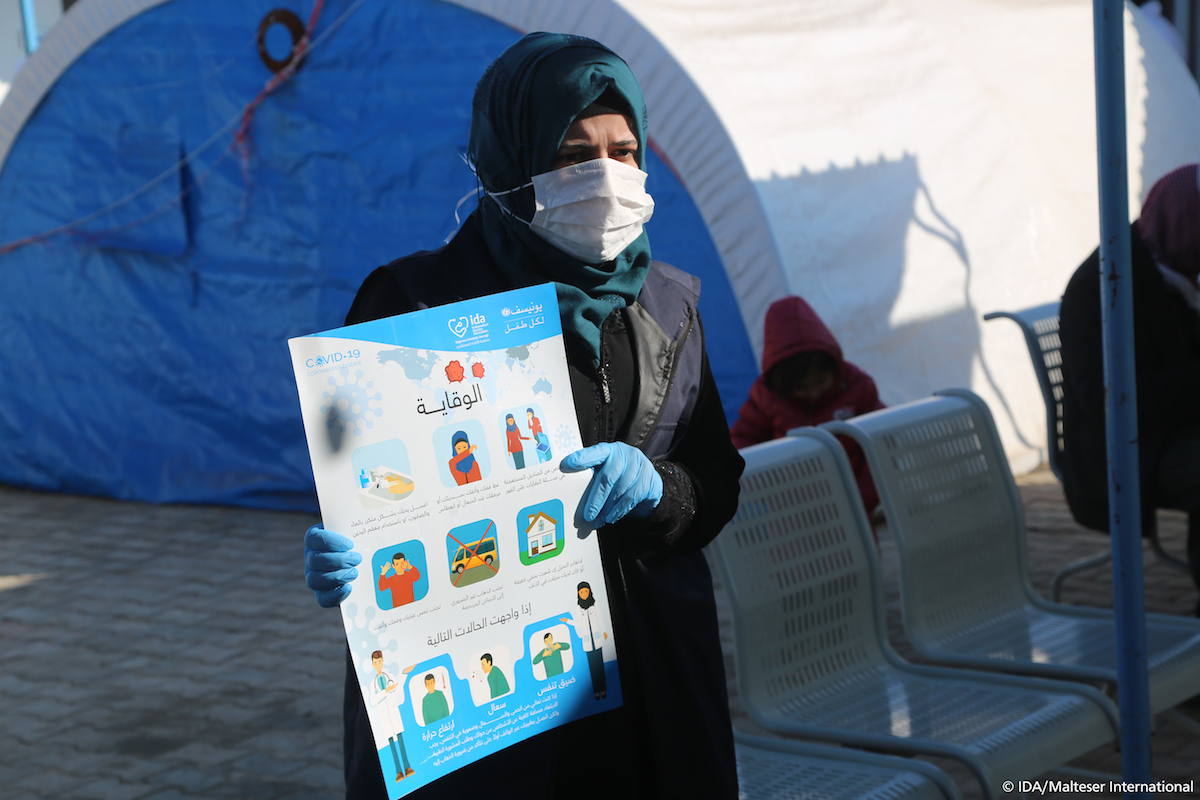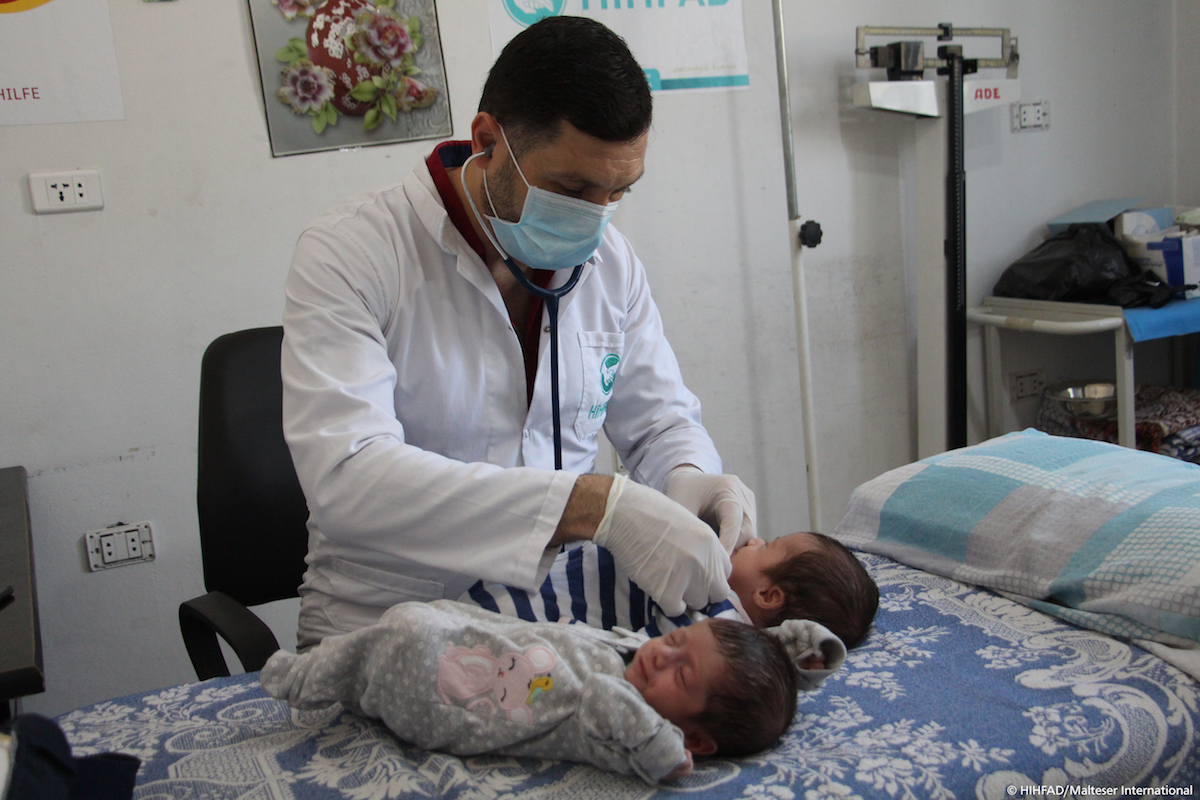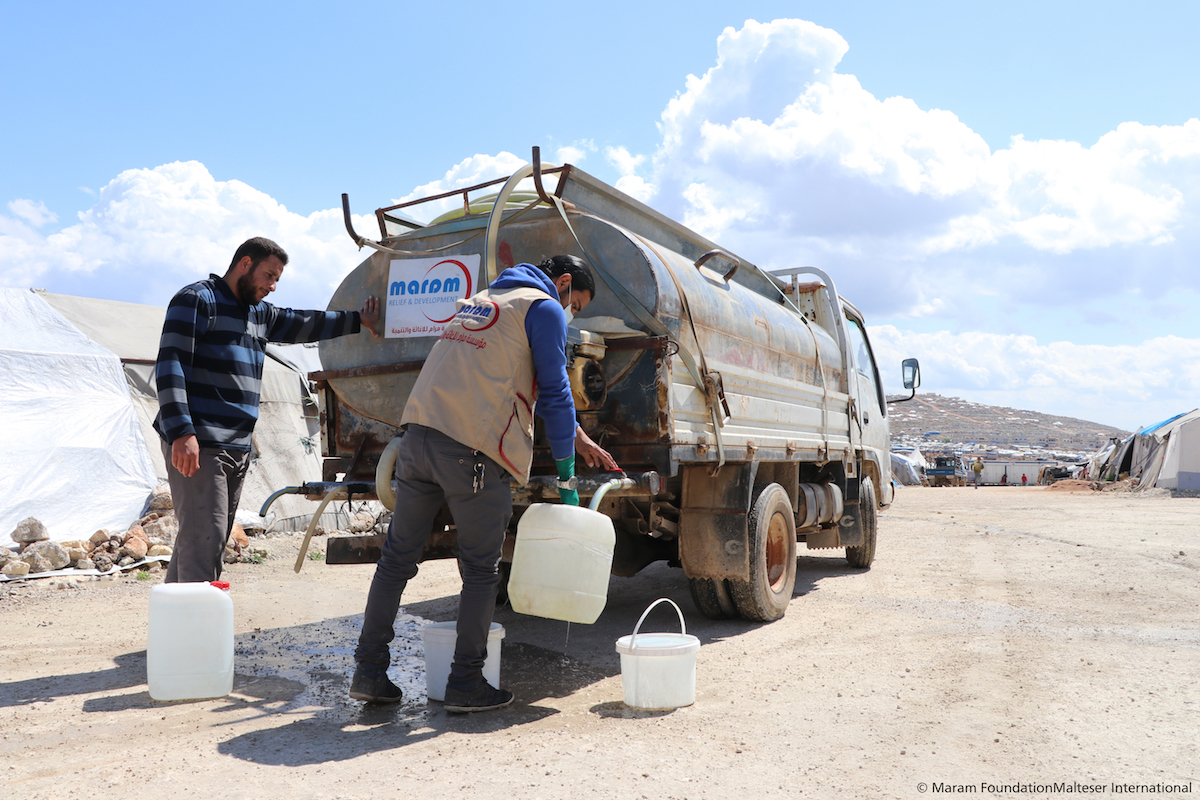The Order of Malta urges the international community not to forget the suffering of children in Syria as the country hits the 10-year mark in its civil war.
Over 2 million children in Idlib, in north-west Syria, have only known a life of fear and displacement. Continued hostilities in the region have also worsened their health with one out of three children now severely malnourished. According to Dr. Salah Safadi, Medical Program Advisor for Malteser International in Syria, which is the Order of Malta’s worldwide relief agency: “Malnutrition leads to severe and often irreversible damages to the physical, motor, and cognitive development of infants, including delayed walking skills, stunted growth, and learning disabilities. Some cases have been fatal. Between 20 and 40 percent of expectant women and nursing mothers in Idlib are also malnourished, desperate, and have only little to give their children. Many of them are not even able to breastfeed.”
Speaking on the grim anniversary, Clemens Mirbach-Harff, Secretary General of Malteser International, said: “An entire generation of Syria’s young citizens have known nothing but conflict and suffering. Our efforts must now be directed towards them. They are the future of the country and should not be forgotten.”
Since the beginning of the civil war, Malteser International has been working with local partners inside Syria to provide lifesaving humanitarian assistance, improved water and sanitation, and urgent medical care for children, women, and displaced families. “Relief workers in Idlib would usually go through streets and around villages seeking out people in need of aid,” said Dr. Safadi. “This is how we reach the children who cannot be brought to our medical posts.”
Ten years on, the conflict in Syria has also had grave psychological consequences for children in the country. “They are constantly living in fear of being targeted in the next attack. Many of them are suffering from post-traumatic disorder. This conflict will have long-term impacts on the mental health of this generation”, said Dr. Safadi.













